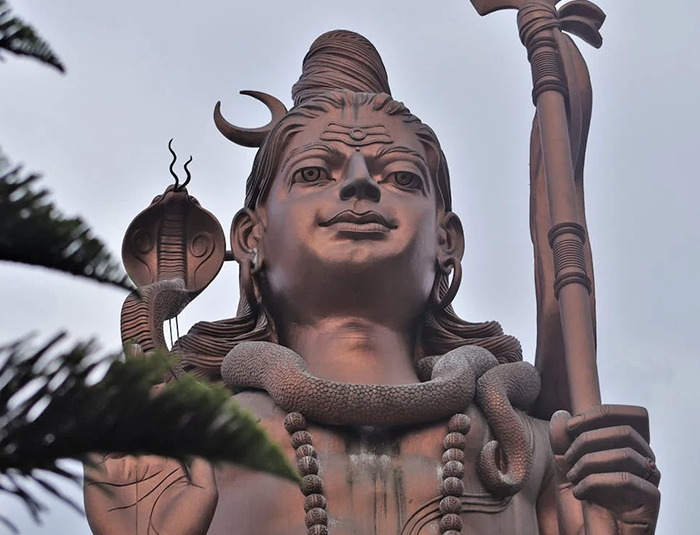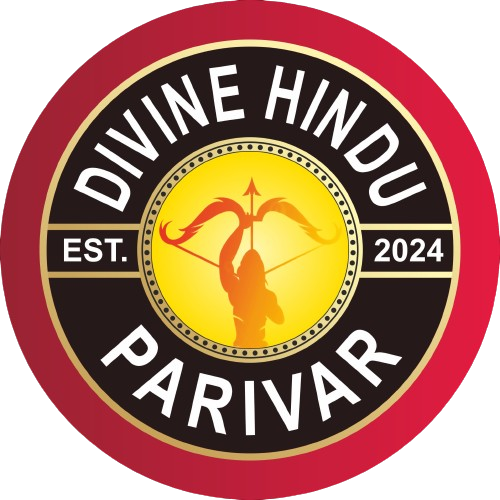
Masik Shivratri refers to the monthly observance of the Shivratri festival dedicated to Lord Shiva. Unlike the Maha Shivratri, which is celebrated annually, Masik Shivratri occurs every month on the 14th night of the waning moon (Krishna Paksha) in the Hindu calendar. This means there are 12 Masik Shivratri occurrences in a year.
Devotees believe that observing Masik Shivratri brings spiritual benefits, and it is considered an auspicious day to worship Lord Shiva. The rituals and customs associated with Masik Shivratri are similar to those of Maha Shivratri but on a smaller scale.
Key aspects of Masik Shivratri observance include:
- Fasting: Devotees often observe a fast on the day of Masik Shivratri, abstaining from food and sometimes water. The fast typically begins in the morning and continues until the next day.
- Puja and Worship: In the evening, devotees perform special prayers and puja dedicated to Lord Shiva. Offerings such as milk, water, bael leaves, fruits, and other sacred items are presented to the Shiva Linga.
- Chanting of Mantras: Devotees chant sacred mantras and prayers dedicated to Lord Shiva throughout the day and night.
- Visiting Shiva Temples: Many people visit Shiva temples on Masik Shivratri to participate in the special prayers and seek the blessings of Lord Shiva.
- Reading Shiva Puranas: Some devotees choose to read or listen to stories and scriptures related to Lord Shiva, such as the Shiva Puranas, as part of their observance.
Masik Shivratri holds significance for those who follow the worship of Lord Shiva, and it is believed that sincere devotion on this day can lead to the fulfillment of one’s wishes and blessings from Lord Shiva. The specific date of Masik Shivratri varies each month based on the lunar calendar.
